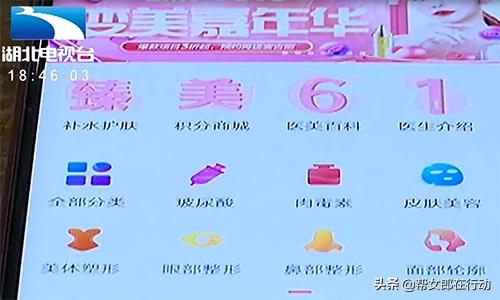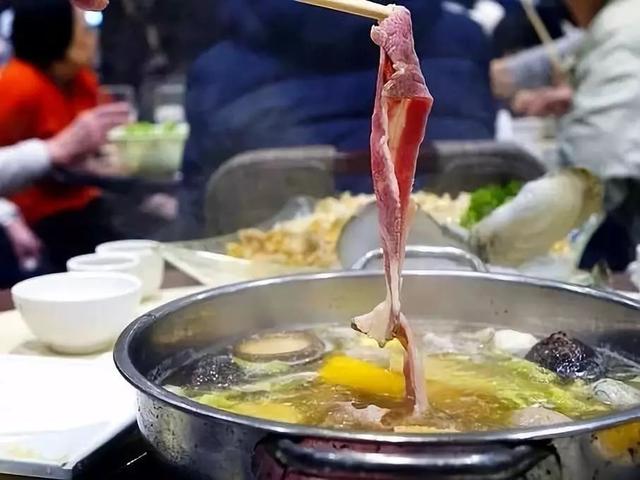食物丰富的形容词(食物表达的热情和好客)
(Learn to spread China and Chinese cuIture in EngIish)
Warmth and Hospitality Expressed by Food



With the ever-widening opening up to the outside world, Western practices exert some influence, yet they have not really changed the eating habits of the Chinese people. In the eyes of Chinese, what is important about eating, especially at festivals, is to eat in a warm atmosphere. Often the old and young still sit in order of seniority, and the elders select food for the young whilst the young make toasts to the elders. Chinese people like to create a lively, warm, and harmonious atmosphere during meals.
A hostess or host in China will apportion (分配) the best parts of the dishes to guests.Using a pair of serving chopsticks, she or he offers the best part of a steamed fish to the most important guest. Such customs of arranging dishes are still popular among elder Chinese, as a way of expressing respect, concern and hospitality.
Such culinary customs have had a cetain infuence on the character of the Chinese people.In a sense, it has strengthened the collective spirit of the nation. At a party or a banquet,everyone first takes into consideration the needs of the group; with the eating process also being a time to show humility (谦逊) and concern for others. This is different from Western eating habits, which pay more attention to individual needs.
In China, food eaten during festivals is particularly important. At different festivals, people partake of (吃,喝) different fare. For example, on the eve of the Spring Festival, people in the north always eat jiaozi, meat and vegetable dumplings, at family reunions. This is a way of bidding farewell to the old year and welcoming the New Year. The Lantern Festival is a day of celebration, and on this day people like to eat yuanxiao, sweet dumplings made of glutinous rice flour, to symbolize family reunion and perfection. At the Duanwu Festival, people eat zongzi, glutinous rice(糯米) wrapped in a pyramid shape in reed leaves, to commemorate the beloved poet Qu Yuan (339-278 BC), who drowned himself in the Miluo River after being politically wronged. Legend has it that people at the time threw zongzi into the river in the hope that the water dragon would not take him away. This later gradually developed into a custom of making and eating zongzi during the Duanwu Festival.
食物表达的热情和好客
随着对外开放的不断扩大,西方的习俗对中国产生了一些影响,但它们并没有真正改变中国人的饮食习惯。在中国人看来,吃饭最重要的是温暖的氛围,尤其是在节日里。通常,老人和年轻人仍然论资排辈就座,老人为年轻人挑选食物,而年轻人则向老人敬酒。中国人喜欢在用餐时营造一种活泼、温暖、和谐的氛围。
中国的女主人或主人会把菜品中最好的部分献给客人。主人会用公筷,把蒸鱼的最佳部位让最尊贵的客人享用。作为表达尊重、关心和款待的一种方式,这种摆菜的习俗 ,在中国老年人中仍然很流行。
这种饮食习惯对中国人的性格产生了很大的影响。从某种意义上说,它增强了民族的集体精神。在聚会或宴会上,每个人首先考虑群体的需要;吃的过程也是一个显示谦逊和关心他人的时刻。这与西方饮食习惯不同,西方饮食习惯更注重个人需求。
在中国,节日期间吃的食物尤为重要。在不同的节日,人们吃的饭菜也不一样。例如,在春节前夕,北方人总是在家人团聚时吃饺子,有肉馅的,有蔬菜馅的。这是一种辞旧迎新的方式。元宵节是一个庆祝的日子,在这一天,人们喜欢吃用糯米粉做成的甜元宵,以象征家庭团聚的甜蜜和完美。端午节人们吃粽子,粽子是用芦苇叶包裹成金字塔形状的糯米,以纪念深受爱戴的诗人屈原(公元前339-278年),屈原是因政治上的冤屈而投汨罗江身亡的。传说当时人们把粽子扔进河里,希望水龙王不会把屈原带走。这种纪念活动后来逐渐发展成为端午节做粽子和吃粽子的习俗。
声明:本文英文取材于外研社出版张桂萍主编的《中国文化英语教程》相关章节。内容略有删减。如有侵权,联系删除。
,免责声明:本文仅代表文章作者的个人观点,与本站无关。其原创性、真实性以及文中陈述文字和内容未经本站证实,对本文以及其中全部或者部分内容文字的真实性、完整性和原创性本站不作任何保证或承诺,请读者仅作参考,并自行核实相关内容。文章投诉邮箱:anhduc.ph@yahoo.com






